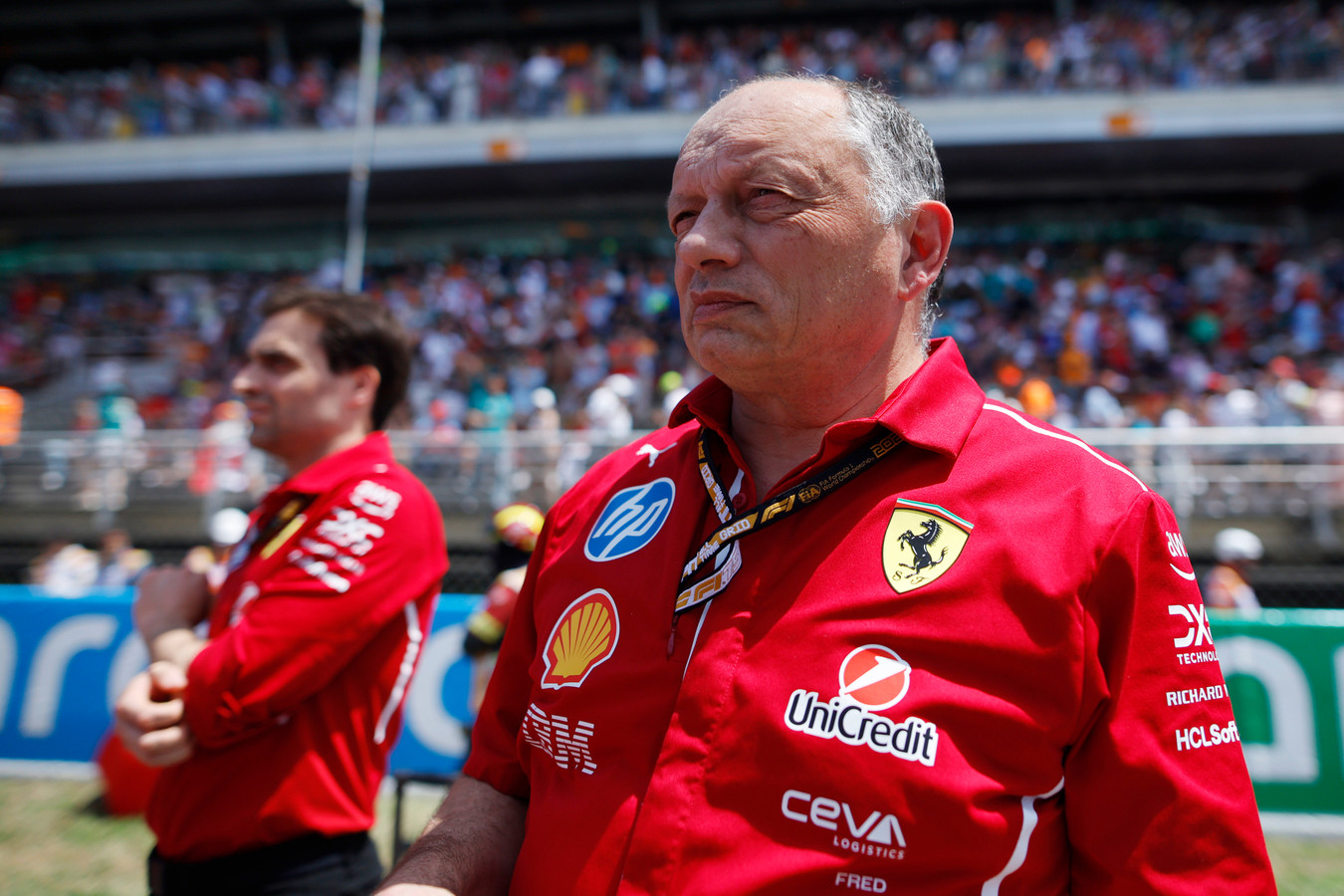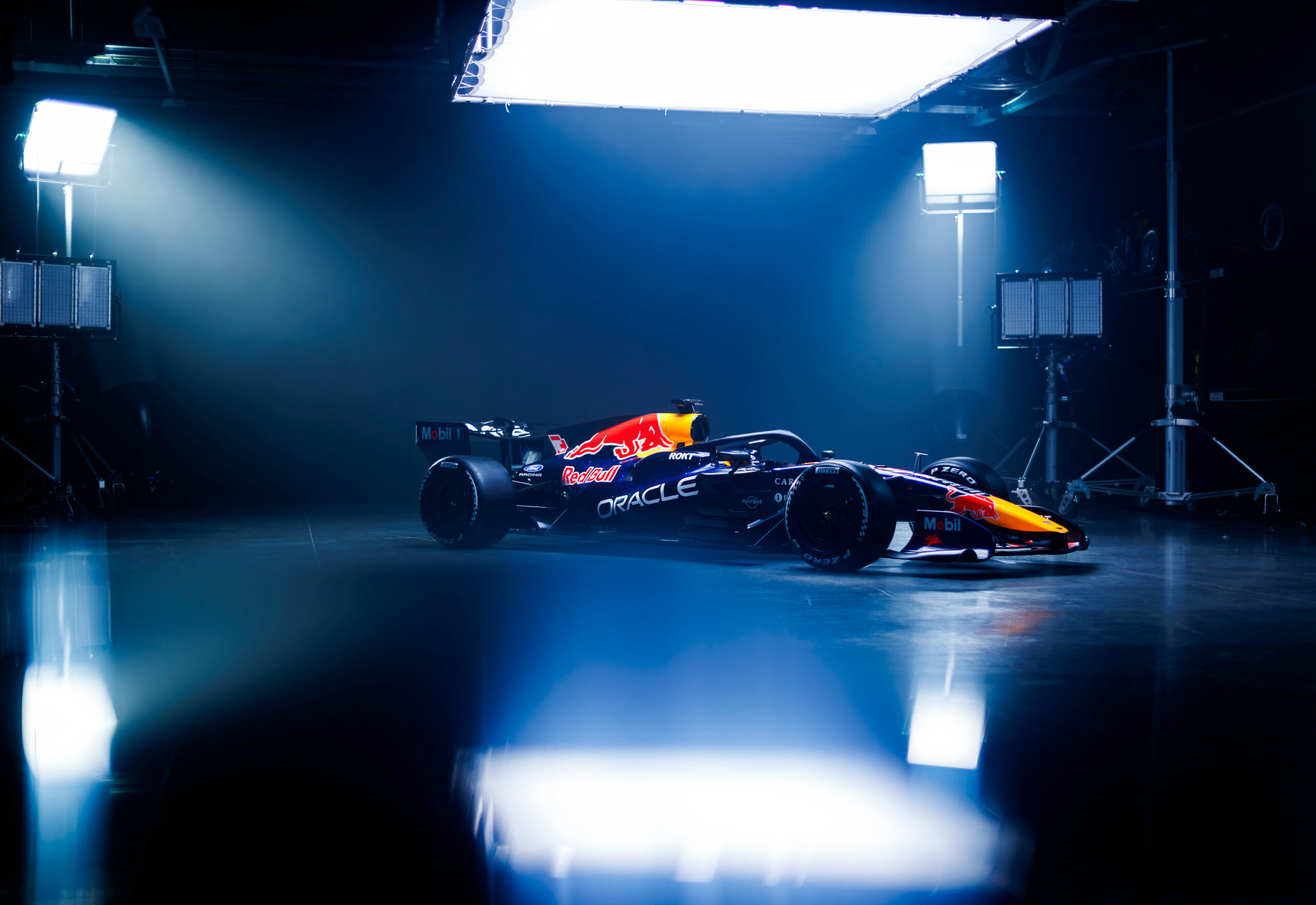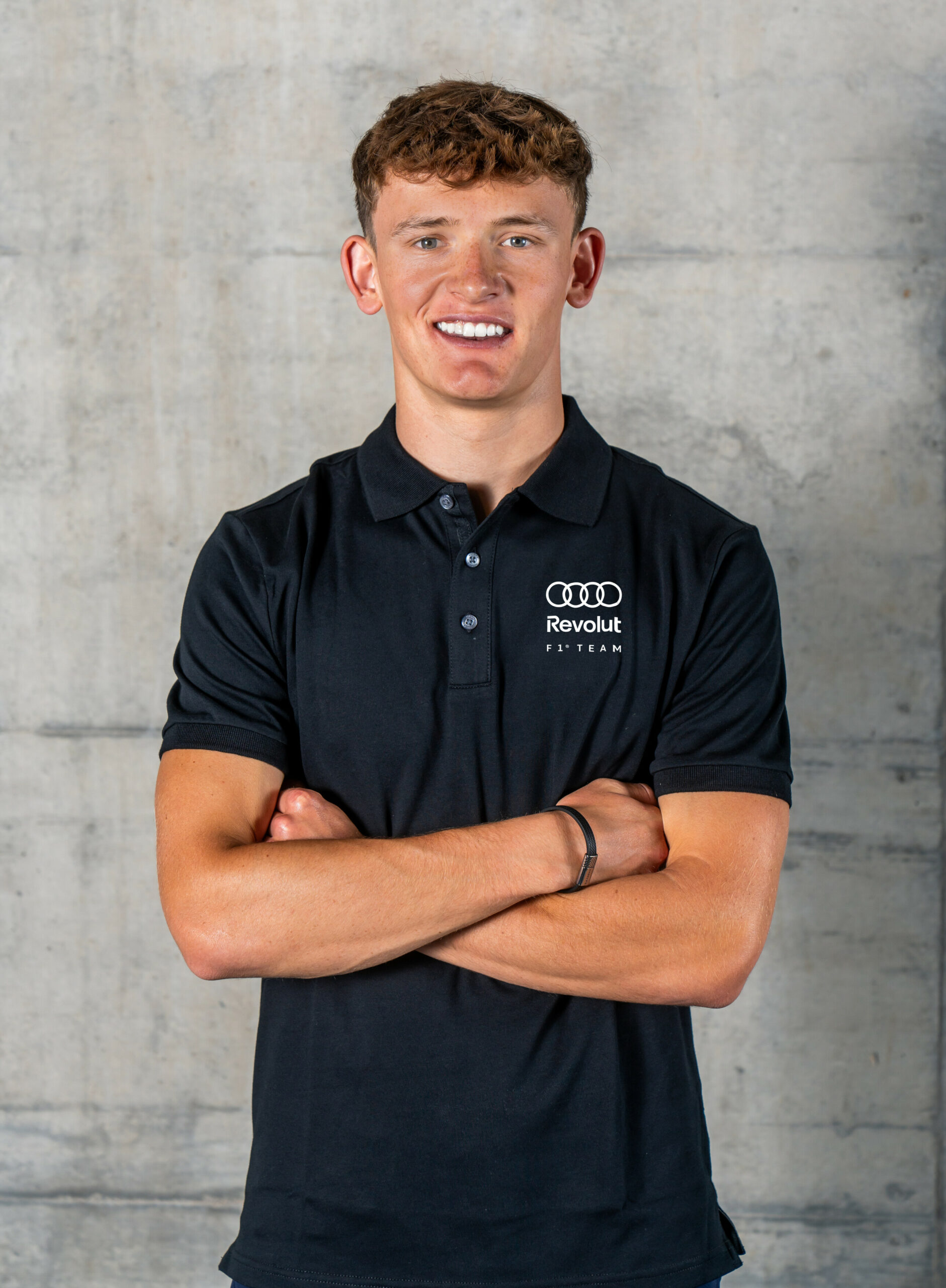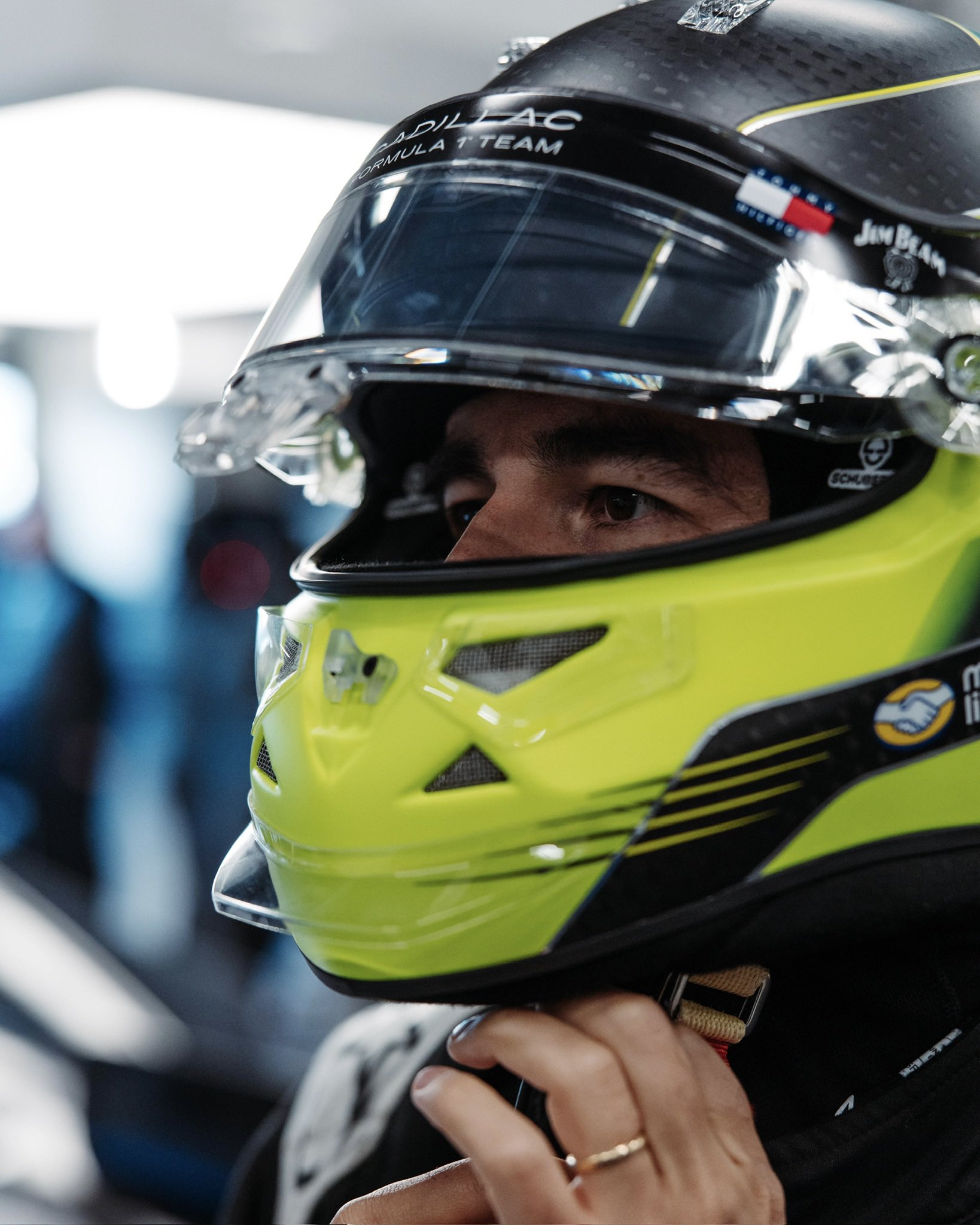Ferrari team principal Fred Vasseur has defended his team’s strategic decisions and overall performance following a challenging F1 Spanish GP in Barcelona, where Ferrari secured a podium finish with Charles Leclerc but faced criticism over Lewis Hamilton‘s disappointing race.
The weekend turned out to be one of contrasts for Ferrari, with Leclerc capitalising on late-race drama to claim third place whilst Hamilton endured what he described as his “worst race ever experienced,” ultimately finishing well down the order after technical issues hampered his progress.
Vasseur dismisses Lewis Hamilton criticism claims after the F1 Spanish GP
When confronted with Hamilton’s post-race frustration, Vasseur was quick to push back against suggestions that the race was a complete disaster for him. The French team boss remained measured in his response, highlighting the positive aspects of Ferrari’s performance with the Brit’a that may have been overshadowed by Hamilton’s pessimistic tone.
“You are experienced enough to draw a conclusion after the first words of the driver,” Vasseur said in a print media session questioned about Lewis Hamilton’s harsh assessment. “If you want to create a polemic, you can, but it’s not the case. I think we did 70% of the race in front of Russell. I’m not sure that Russell said that the race was a disaster.”
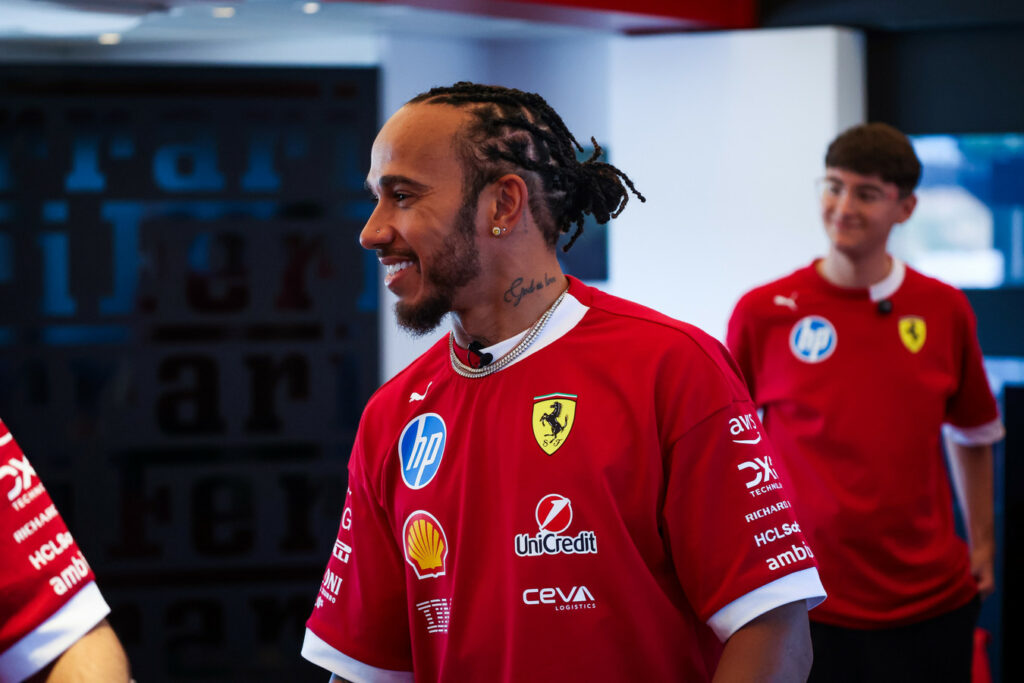
The Ferrari chief was particularly keen to emphasise that Hamilton’s pace had been competitive for the majority of the 66-lap contest, running ahead of Mercedes’ George Russell for significant portions before late-race complications struck.
“Then we had an issue on the car, the last stint, for the safety car. And the result is not good, but he did 45 laps in front of Russell,” Vasseur explained, suggesting that technical problems rather than fundamental pace issues were behind Hamilton’s ultimate disappointment.
Dividends for Charles Leclerc
Whilst Hamilton’s race unravelled, teammate Charles Leclerc’s afternoon followed a different trajectory entirely. The Monégasque driver’s strong performance, which included overtaking both Mercedes drivers on the opening lap before ultimately securing the final podium position, vindicated some of Ferrari’s strategic thinking.
However, Vasseur acknowledged that the team’s tyre allocation decisions had created both opportunities and constraints throughout the weekend. The choice to retain an extra set of medium tyres for the race, whilst potentially limiting qualifying performance, ultimately contributed to Leclerc’s podium success.
“Honestly, it’s really difficult. First, it’s difficult to understand if yesterday, with one set more, we would have been P3 or P4 or not,” Vasseur reflected. “We had a decent pace on the first stint. Knowing that you have just one stint, you are a bit less open to the Banzai. It means that perhaps we missed something yesterday.”
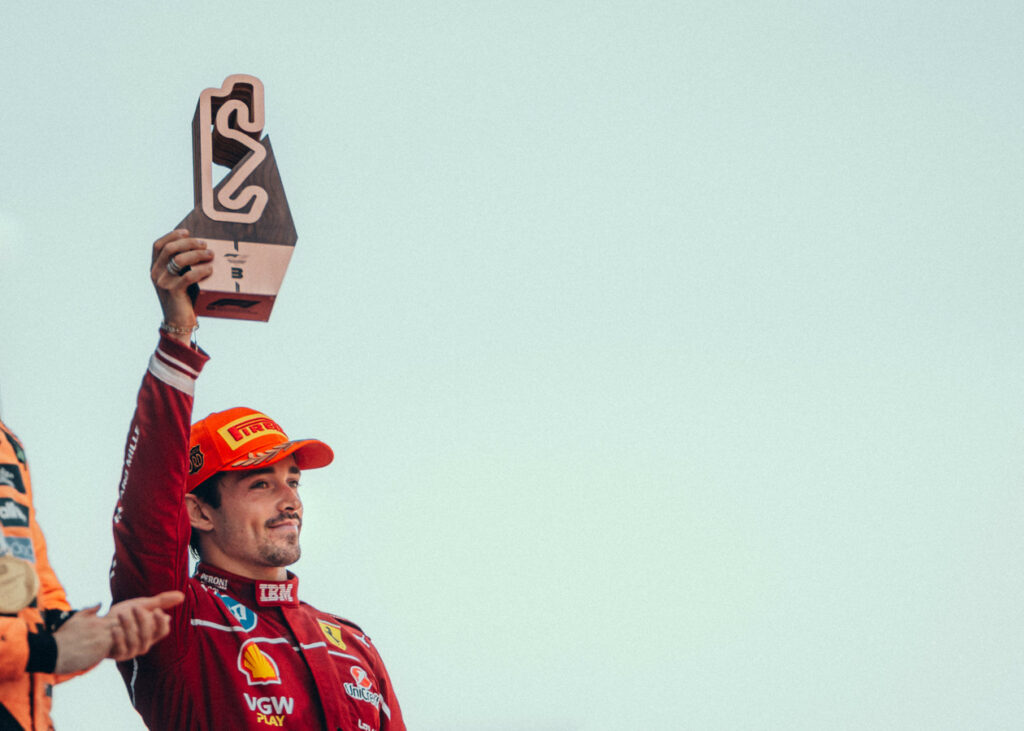
The team principal explained that having three fresh tyre sets available for race day had provided crucial flexibility, particularly in the opening stages where Ferrari demonstrated competitive pace against the dominant McLaren duo.
“But on the other hand, we had three new sets today. It was probably part of the fact that we were able to stay with the McLaren at the beginning. We overtook the first two or three cars in front of us. And then the pace was OK,” Vasseur noted.
The fine margins of Formula 1
Vasseur’s post-race analysis highlighted the razor-thin margins that often determine success or failure in Formula 1, where strategic decisions can have far-reaching consequences that extend beyond the immediate race weekend.
The Ferrari boss was philosophical about the inherent risks involved in making such calculated gambles, acknowledging that teams cannot expect to reap only the benefits without accepting the potential downsides.
Leclerc qualified P7 on Saturday after a single run in Q3. The gamble paid off come Sunday afternoon, however.
“If you lose this kind of bet, you can’t have only the positive side of the decision. You can’t only have the entirety of the race and not the penalty in the qualifying,” Vasseur explained. “Sometimes, for 1 tenth, you don’t lose position. And sometimes, for 1 tenth, you lose two or three positions, as was the case yesterday.”
This pragmatic approach reflects Ferrari’s current position as they continue to develop their understanding of the SF-25 whilst fighting for podium positions against McLaren, and Red Bull.
The challenge for Ferrari moving forward will be ensuring greater consistency across both cars, minimising the issues that plagued their race, whilst building on the positives demonstrated by Leclerc’s impressive recovery drive.

